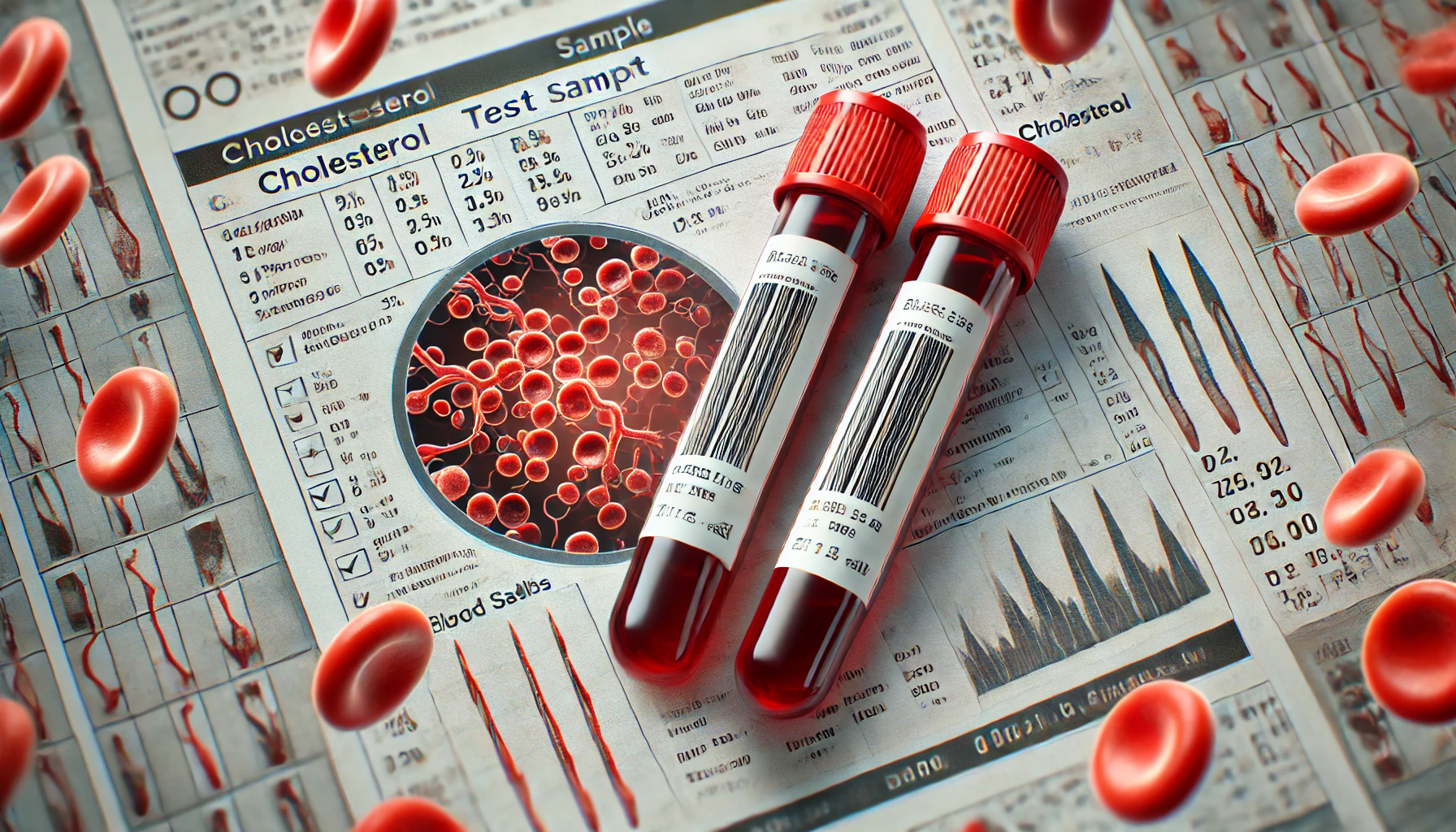This post was written with Consensus AI Academic Search Engine – please read our Disclaimer at the end of this article. Managing high triglycerides involves a combination of medication, dietary changes, and lifestyle modifications. While medications like pemafibrate and icosapent ethyl can be effective, dietary and lifestyle changes are equally important. Understanding your individual risk factors and working with healthcare providers to develop a personalized plan can help manage and reduce high triglyceride levels, ultimately lowering the risk of cardiovascular diseases and other associated health issues.
High triglyceride levels are a common lipid disorder that can significantly increase the risk of cardiovascular diseases. Understanding the causes, risks, and treatment options for high triglycerides is crucial for managing and reducing these risks effectively.
What Are Triglycerides?
Triglycerides are a type of fat (lipid) found in your blood. When you eat, your body converts any calories it doesn’t need to use right away into triglycerides. These triglycerides are stored in your fat cells. Later, hormones release triglycerides for energy between meals. If you regularly eat more calories than you burn, particularly from high-carbohydrate foods, you may have high triglycerides (hypertriglyceridemia).
Causes of High Triglycerides
Several factors can contribute to high triglyceride levels, including:
- Obesity: Excess body weight can increase triglyceride levels.
- Poor Diet: High intake of sugary and fatty foods can elevate triglycerides.
- Lack of Exercise: Physical inactivity can lead to higher triglyceride levels.
- Medical Conditions: Conditions such as diabetes, hypothyroidism, and liver or kidney diseases can contribute to high triglycerides.
- Genetics: Family history can play a role in triglyceride levels.
Risks Associated with High Triglycerides
High triglycerides can lead to several health issues, including:
- Cardiovascular Disease: Elevated triglycerides are associated with an increased risk of heart disease and stroke1 2.
- Pancreatitis: Extremely high triglyceride levels can cause inflammation of the pancreas.
- Metabolic Syndrome: High triglycerides are one of the components of metabolic syndrome, which increases the risk of heart disease, diabetes, and stroke.
Treatment Options
Medications
Several medications can help lower triglyceride levels:
- Pemafibrate: This selective peroxisome proliferator-activated receptor α modulator has been shown to reduce triglyceride levels significantly. However, it did not lower the incidence of cardiovascular events in patients with type 2 diabetes and mild-to-moderate hypertriglyceridemia1.
- Icosapent Ethyl: A highly purified eicosapentaenoic acid ethyl ester, icosapent ethyl has been effective in lowering triglyceride levels and reducing the risk of ischemic events, including cardiovascular death2.
- Omega-3 Fatty Acids: Omega-3 free fatty acids, such as those found in the investigational pharmaceutical OM3-FFA, have shown efficacy in lowering triglycerides in patients with severe hypertriglyceridemia3.
Dietary Changes
Diet plays a crucial role in managing triglyceride levels:
- Low-Fat vs. High-Fat Diets: Studies have shown that both low-fat and high-fat diets can reduce triglyceride levels. However, the effectiveness may vary depending on the baseline triglyceride levels of individuals. A high-fat diet may be more effective for those with slightly elevated triglycerides, while a low-fat diet may benefit those with more significantly elevated levels4.
Lifestyle Modifications
- Exercise: Regular physical activity can help lower triglycerides and improve overall heart health.
- Weight Management: Losing excess weight can significantly reduce triglyceride levels.
- Limit Alcohol: Reducing alcohol intake can help lower triglycerides, as alcohol is high in calories and sugar.
Disclaimer
The content presented in this blog is generated by Consensus, an AI-powered academic search engine, and is based on publicly available scientific literature. While every effort is made to provide accurate, up-to-date, and well-researched information, the content is intended for informational and educational purposes only. It does not constitute medical advice, diagnosis, or treatment. Always consult a qualified healthcare professional before making any decisions regarding medical conditions, treatments, or medications. The AI system’s analysis may not cover all perspectives, emerging research, or individual cases, and it is not a substitute for professional expertise. Neither the blog publisher nor the developers of the AI-powered search engine are responsible for any actions taken based on the information provided in this content. Use of this information is at your own risk. Citations to the original scientific studies are included for reference, but these studies should be reviewed in full and interpreted with the guidance of a healthcare or research professional.
If you are experiencing a medical emergency, please seek immediate attention from a healthcare provider.
